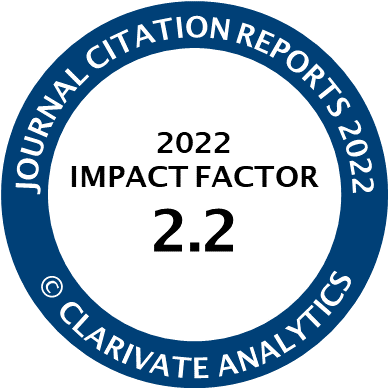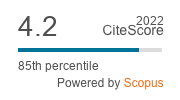Article | Open Access
Angry Reactionary Narcissists? Anger Activates the Link Between Narcissism and Right-Populist Party Support
| Views: | 3249 | | | Downloads: | 1287 |
Abstract: Even though previous research connected personality traits and support for radical-right populist parties (RRP), the question of which mechanisms connect these concepts is still underexplored. In particular, we focus on narcissistic rivalry, a maladaptive path of grandiose narcissism. Drawing on the affective intelligence framework and the narcissistic admiration and rivalry concept, we propose that the effect of rival narcissism on vote choice for the German Alternative für Deutschland is mediated by reactionary political orientations and activated by anger. Drawing on 2017 data from the mixed-mode representative GESIS panel (N = 2,552 & 1,901), we employ moderated mediation analyses. We show that reactionary political orientations mediate the relationship between narcissistic rivalry and RRP support. However, high levels of generalised anger are needed to activate the relationship between personality, reactionary values, and RRP support, whereas the mediating role of anti-immigrant sentiment is not affected by anger. Our study emphasises the role of anger in RRP support, thus showing that anger might explain why only some people with a specific predisposition support RRPs. The study also stresses the complexity of the relationship between personality, value orientations, and political behaviour.
Keywords: anger; emotions; narcissism; reactionary politics; right-populist vote
Published:
Supplementary Files:
© Sabrina Jasmin Mayer, Christoph Giang Nguyen. This is an open access article distributed under the terms of the Creative Commons Attribution 4.0 license (http://creativecommons.org/licenses/by/4.0), which permits any use, distribution, and reproduction of the work without further permission provided the original author(s) and source are credited.




